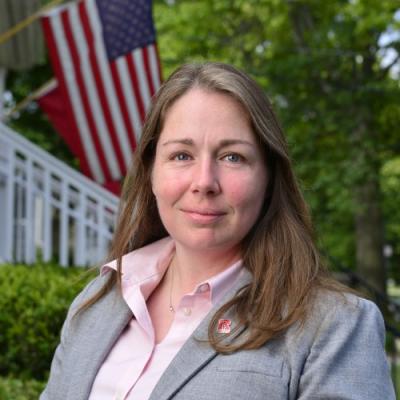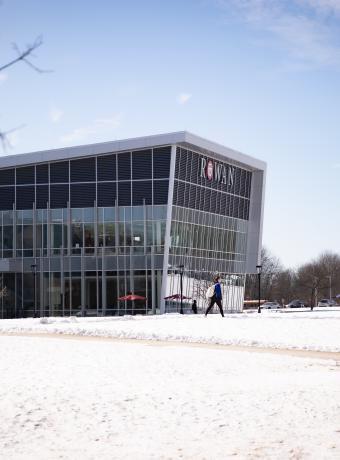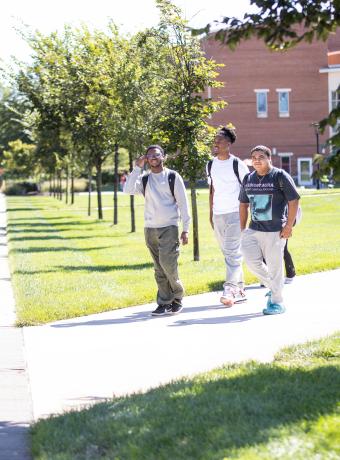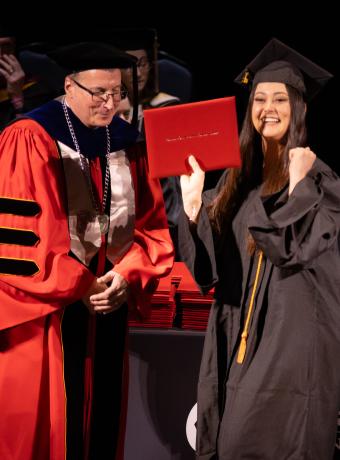
Rowan College at Burlington County’s efforts to increase support for veteran students will include the help of Ann Treadaway, an example of the increasing number of women in the military and veterans advocacy, who will aid the college in bridging the civilian knowledge gap in our community.
The college has earned a $375,000 federal grant to boost graduation rates of veterans. As part of the initiative, Treadaway, an experienced veteran and seasoned expert on military and veterans affairs, will provide Green Zone training this week. This program will enhance the comprehension of the military experience among faculty and staff to establish more robust communication and empathy for military-affiliated students, which includes veterans, current service members, their families and other close relatives.
As a director of the Office of Military and Veterans Services at Rutgers University, Treadaway works to bridge the gap between the military and civilian populations. Before earning her current position, Treadaway spent five years in the Army, where she was deployed twice to Iraq in the early 2000s. She was a GI Bill student, and returned to higher education for graduate school where she worked as a veterans coordinator through the City University of New York. Through this experience, she saw firsthand how military-affiliated students tend not to use resources as traditionally as others, and need more particular advocacy in order to be understood and gain proper educational accommodations.
According to Treadaway, there are a number of harmful misconceptions regarding those who have served or are serving in the military. Some of the most common include that many people assume all veterans are plagued with debilitating post traumatic stress disorder or violent outbursts, accompanied by a number of political assumptions that are projected onto the military. To those who actually suffer from these mental health issues, blindly attributing them to all veterans or active-duty service members can harmfully bar communication and further contribute to the general disconnect.
“Veterans and military-affiliated students need a knowledgeable, welcoming environment,” Treadaway explained. Facilitating a bridge in understanding between veterans, other students, faculty and staff is a prime example of Treadaway’s commitment to ensuring a just educational environment for the military affiliated population on college campuses.
Not only is Treadaway paving the way for more competent veteran’s services, she’s also a representation of an ever-growing number of women in the military and military services. “Women are the fastest growing within the veteran population,” she explained, and numbers have only grown since more combat roles became available.
Despite the “lack of publicity that women’s roles in the military received before recent history,” women’s service is just as legitimate as men’s. According to Treadaway, they’ve had a more unique experience as a whole, struggling with not always being welcome and having to contend with sexism during duty.
However, that hasn’t stopped the women in the service from becoming more visible, taking up more dangerous roles in combat, and breaking the barriers of what had formerly been restricted. It also hasn’t barred women like Ann and her colleagues at the Office of Military and Veterans Services from accomplishing their goals and serving the community. As Ann puts it, “anyone can answer the call to service, and it’s not just a man’s job anymore.”
Treadaway’s Green Zone training at RCBC will be conducted this Friday, March 10, and will serve as an essential step in reassuring our commitment to our veteran and military students. With her expertise, we can work to bridge the civilian knowledge gap and ensure that RCBC is an institution where anyone, no matter their experience, can find their place.






